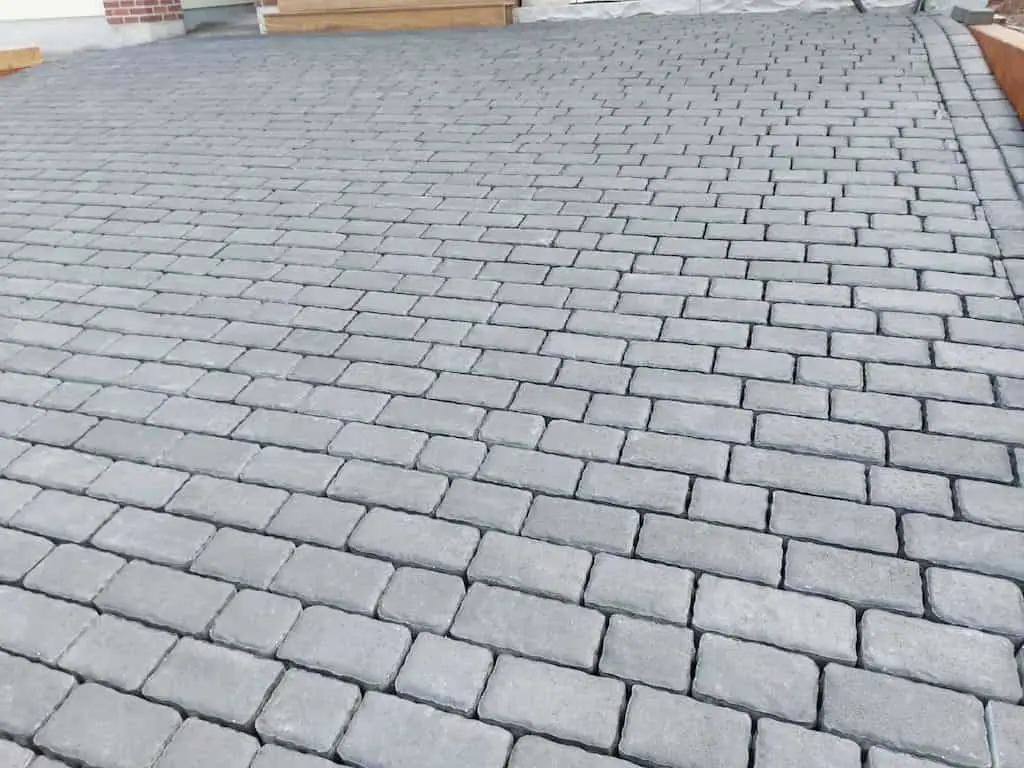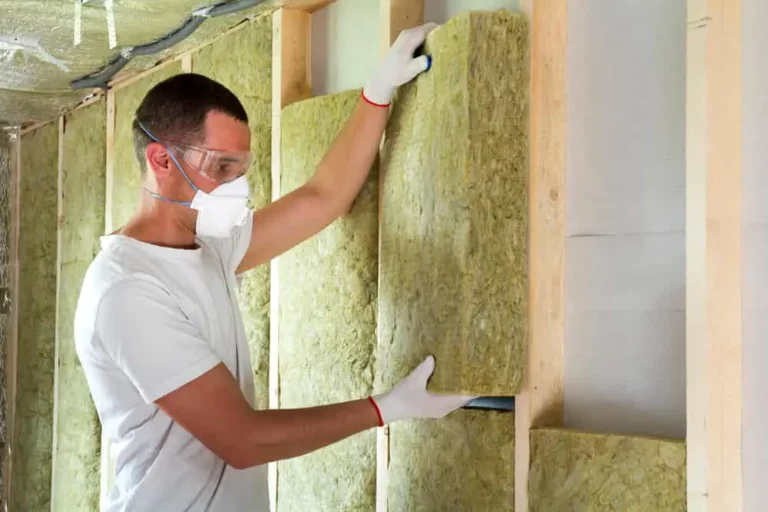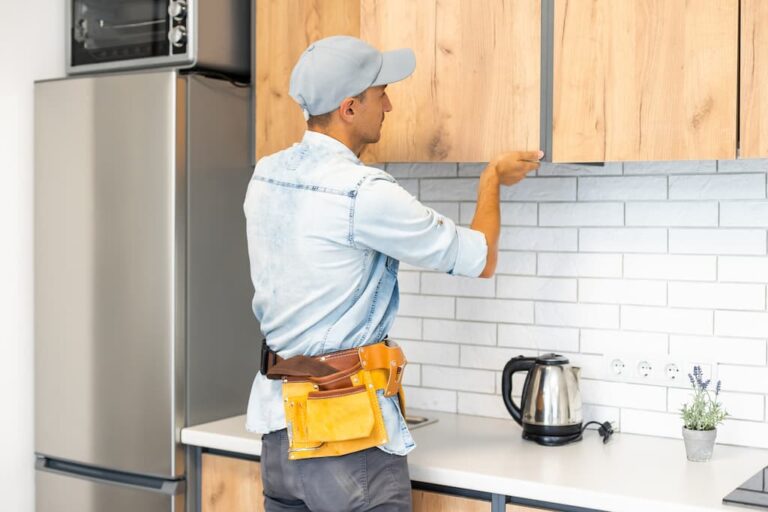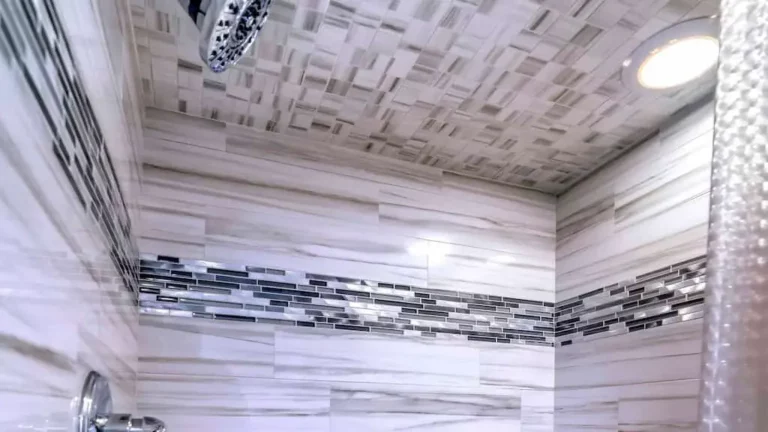Paving Slabs for Driveways: Is It a Good Idea?

Paving Slabs for Driveways: Is It a Good Idea?
Your home’s driveway is the first thing that your family, guests, or potential buyers will see when visiting your property. However, a driveway is also one of those high-traffic areas that is extremely quick to show the early signs of wear and tear. The material you will choose for your driveway will make a difference in its lifespan and design – so, are paving slabs a good idea?
Paving slabs are a good idea for driveways because they are long-lasting, available in several designs, and require minimal maintenance. You should invest in paving slabs that are at least 50mm thick, create a sturdy sub-base, and apply a sealant to prevent potential damages from freeze-thaw cycles.
Paving slabs are small building components available in several colors and shapes that allow you to create your dream design. Read on to learn how to make your driveway last longer by using paving slabs.
Benefits of Paving Slabs for Driveways
Paving slabs have become particularly popular for driveways and patios because of their resilience and sturdiness. In the video below, you can learn how to set up the paving slabs without professional help:
If you are still unsure that paving slabs are the right choice for your driveway, check out the benefits below.
Durable Pavers Require Minimal Upkeep
One of the characteristics you should look for in the material for your driveway is the level of maintenance required. Indeed, your driveway is the first part of your property that potential buyers, guests, and family members will notice as they approach the entrance.
At the same time, a driveway is a high-traffic area that is continually exposed to natural elements and daily wear and tear. If you keep your car parked on the driveway, the slabs might be under continuous pressure for hours at a time!
With all this going on, your driveway can start showing signs of oil leaks, water damage, cracks, and gaps. One of the benefits of paving slabs is that they require minimal maintenance to keep their look and color for years to come.
Pavers Enable Custom Designs
Paving slabs are available in all sorts of shapes, patterns, colors, and sizes. So, you can create a distinctive, exciting driveway and in line with the style of your home.
Additionally, because the slabs are also available in smaller sizes, they are perfect for covering portions of the terrain that are hilly, sloped, or on a slight depression. All this, while leaving no gaps!
Pavers Are DIY-Friendly
Unlike a concrete pour, paving slabs are relatively lightweight and can be installed without the need of a professional. Naturally, if you are not a DIY expert, it can take you several hours to complete the project, but you can do so without having to spend on costly installation and labor costs.
A side benefit of the easy installation of paving slabs is that they don’t require a curing period. Concrete pours and asphalt might need to be left untouched for hours or days, while paving slabs can be used within hours of installing.
Precautions to Using Pavers for Your Driveway
So, now you know that using paving slabs on your driveways is a good idea. However, there are some essential precautions to put in place before starting to install your new driveway.
Some of the essential aspects to consider include:
- The slabs’ thickness. Unlike patios, driveways have to be reliable enough to hold the weight of a car. For this, it is necessary to have paving slabs that are at least 50mm thick.
- The sub-base. Your slabs’ base is just as crucial as the slabs themselves. Without a stable base, the slabs will be prone to moving and adjusting, which can damage your driveway.
- Beware of freeze-thaw cycles. Pavers have a porous structure, which means that water and ice can penetrate the substrate. By doing so, water can also carry corrosive chemicals that can significantly decrease the lifespan of your pavers.
Since paving slabs are often linked to drainage problems and water damage, you should consider installing alternative drainage systems. A great option to protect the pavers from the corrosive effects of water and ice is to apply a sealant. These chemicals represent a layer of protection between your driveway and the elements.
Create the Right Sub-Base
As we have seen, the sub-base can make a difference in your driveway’s quality. For domestic driveways designed to hold the weight of up to two cars, you might need to have a base as thick as 100-150 mm (3.9-5.9in).
If you are looking to add extra sturdiness to the driveway, you should consider using the common DT Type 1 sub-base. This material is made of crushed rocks or limestone, which create a solid base for the paving slabs.
Should You Use Paving Slabs for Your Driveway?

Paving slabs are among the most popular materials for driveways. Even when using squared concrete slabs, you can find a wide variety of colors and styles.
Compared to other options, such as bricks, concrete pavers have a much longer lifespan, and they can last for as long as 25 to 50 years. They also require minimal maintenance, and you can install them by yourself without the help of a professional. All of these features make paving slabs appealing for homeowners and a great idea for any driveway.
In terms of strength, it is essential to consider the traffic level on your driveway. If you are only using it as an access way to the house, it will have limited foot and vehicle traffic. However, if you have multiple vehicles you need to park, then your driveway will have to be much sturdier.
In any case, thanks to their 3,500 to 4,000 psi strength rating, paving slabs are suitable for most driveways.
How Thick Do Pavers Need To Be for a Driveway?
As we have seen, using concrete slabs for your driveway is one of the smartest choices you could make. Nonetheless, there are some essential factors to consider in the choice. Perhaps the most important one is the slabs’ thickness.
Indeed, you need the driveway to be sturdy and resistant enough to hold the weight of people, vehicles, and other pieces of machinery. The slabs’ thickness can give you an essential indication of the potential of your chosen slabs.
Ideally, you should opt for slabs that are at least 50mm (1.9in) thick. However, the most common types of slabs for driveways are usually 2.37in or 60.3mm.
This thickness is considered enough to allow the slabs to hold the weight of vehicles and daily traffic. Additionally, it is essential to look at how sturdy and resistant the base beneath the slabs is to understand the best thickness for your slabs.
If the base is made of sand or excavated soil, it is important not to opt for slabs thinner than 2in (50mm) as these are likely to move, break, or crack under pressure.
Conclusion
Using paving slabs for your driveway can be a great idea, but you need to select pavers that are at least 50mm (1.07in) thick. You should also ensure that the sub-base of the pavers is thick and sturdy to prevent them from moving and creating gaps and cracks.
A driveway made of paving slabs will require minimal maintenance but can be prone to the damages of daily wear and tear and freeze-and-thaw cycles. Ensure you install an additional drainage system to prevent concrete deterioration, and consider sealing them in with a sealant.





